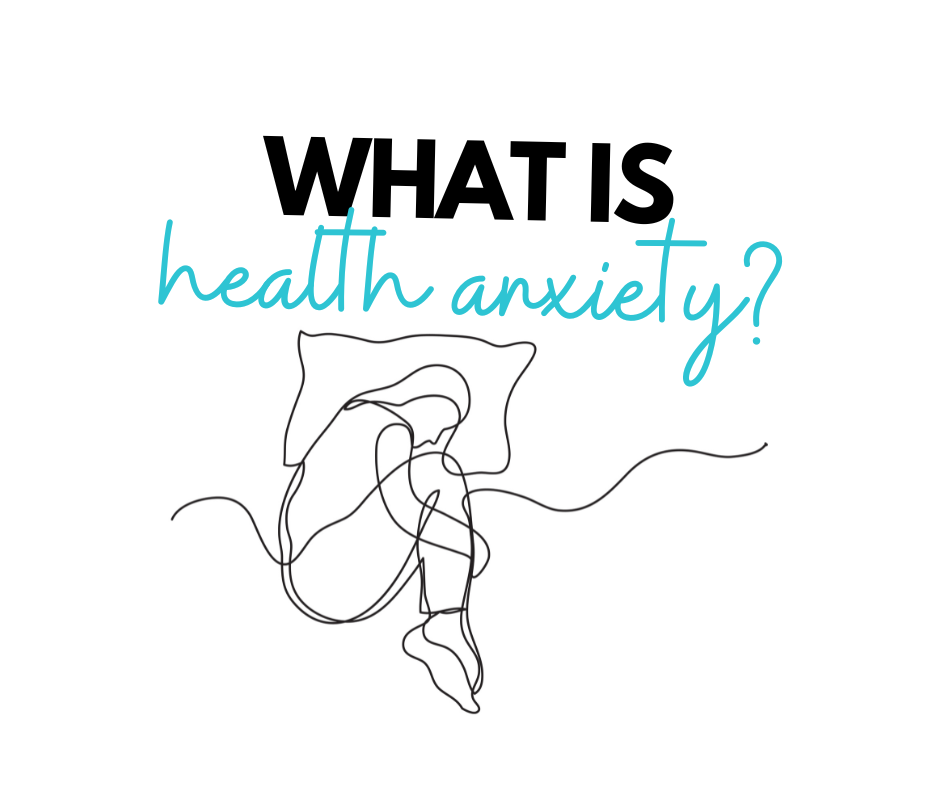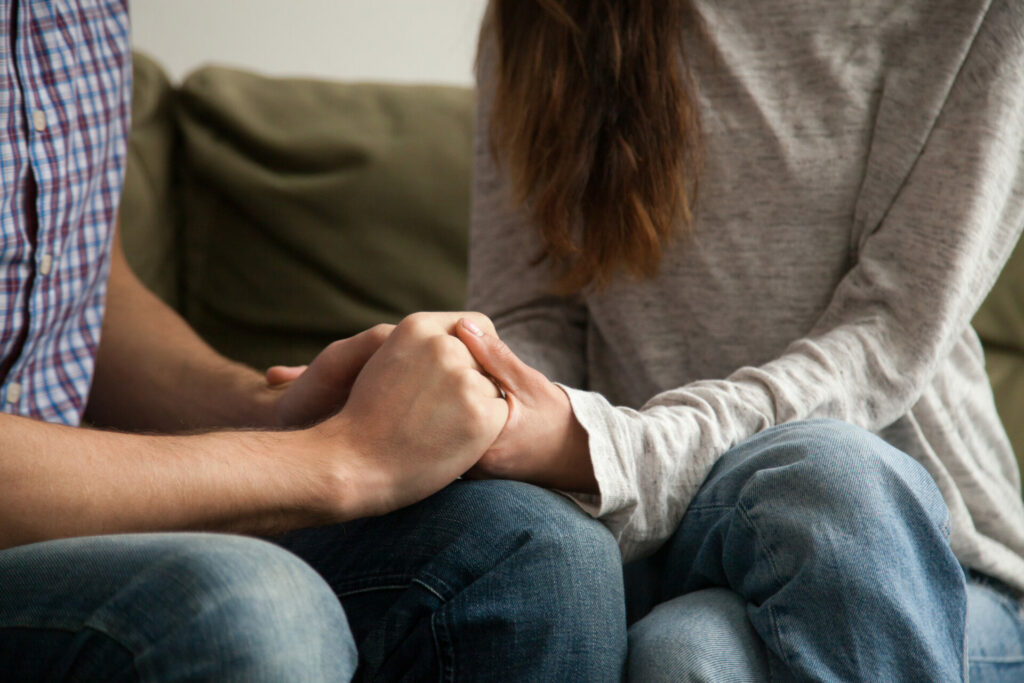If there was ever a time that health anxiety has hit its peak, it’s probably the past two years or so. An obsessive worry about being sick is sometimes called Illness Anxiety Disorder or Hypochondria. Its hallmark symptom is an irrational fixation on being or becoming seriously ill. There do not have to be symptoms present. A doctor’s reassurance offers little or no solace.
Typically, Health Anxiety manifests in a fear of severe illnesses and diseases. You rarely see it connected to something like a cold or minor muscle sprain. It is a long-term condition that can hamper daily functioning. However, it can be effectively treated.
Who Gets Health Anxiety and Why?
Hypochondria impacts men and women in roughly equal numbers. Estimates vary because it is often underreported. The accepted range of instances goes from 4 to 12 percent. Experts are not certain what causes this condition but some possible related factors are:
- A family history of Health Anxiety
- High stress
- Adverse Childhood Events like trauma, abuse, illness, and neglect
- Anxiety, depression, and other coexisting mental health conditions
4 Things You Should Know About Health Anxiety
1. Common Symptoms and Variations
- Health Anxiety can involve extreme worry about others, too (especially close loved ones)
- Some people that are diagnosed with an actual illness can imagine it is worse than it is
- Non-stop research of possible diseases and their symptoms
- Intense focus on normal bodily functions, e.g. sweating or heart rate
- Adjusting your daily life to avoid places where you’re “more likely” to get sick
- Oversharing about yourself and seeking reassurance
2. Health Anxiety Can Be Countered Through Distraction
Once it spirals, Health Anxiety can lead to a deep focus on a specific concern. As simple as it sounds, you can counter this tendency by redirecting your attention. This could involve basic activities like gardening, taking on a creative project, going for a long walk, or listening to music. Don’t play music as background noise. Really listen to it. Focus on all the instruments, the lyrics, and more.
3. Mindfulness and Meditation Can Help
Instead of using your time to research diseases and symptoms, use to find videos and apps that take you through guided meditations. It’s a powerful way to connect with your body in a healthy way. Breathing exercises can remind you of your body’s health and strength.
As for mindfulness, the goal is to stay present. Health Anxiety thrives in the past and the future.
But the present is where you feel safe. To get started on such a practice, try exercises like naming items in your line of sight that you can see, touch, feel, smell, and taste.
4. You Can Fact-Check Your Inner Voice
When that internal monologue tries to get you to believe you’re sick, you can talk back. You don’t have to believe it. A thought is just a thought. It’s not a fact. Try keeping a journal of the irrational fears so you can name them and debunk them. Anxiety is a good liar but once you catch on, it gets easier and easier to recognize this reality.
You May Do Best With Some Professional Help
Anxiety is the most common psychological condition in the world. Health Anxiety is one of several anxiety disorders. There is no shame in this struggle and there is no benefit to remaining silent about it. Ask for help. Seek out a skilled practitioner to guide you.
You do not have to sacrifice your mental well-being to irrational fears. Therapy is a proven and effective tool to treat Hypochondria. That path toward recovery begins with a single phone call. Let’s connect for a free and confidential consultation.




